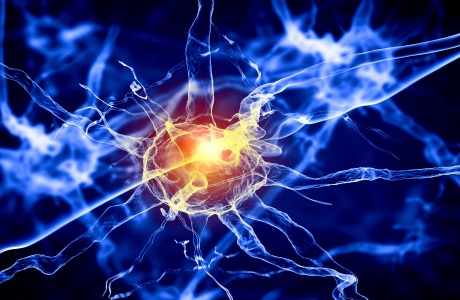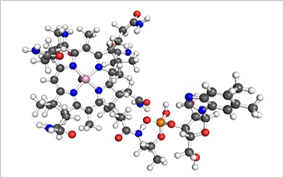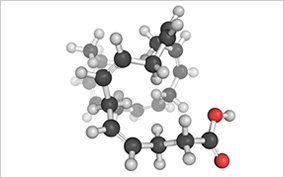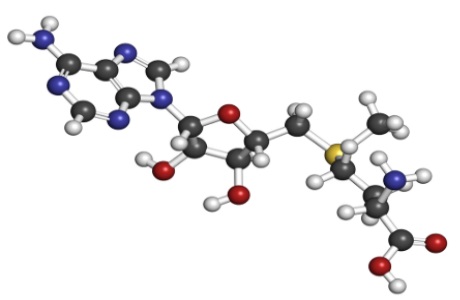Magnesium
Health benefits of Magnesium:
Contributes to reducing tiredness and fatigue, healthy cell division, muscles, bones, teeth, nervous system and mental health
The Worlds Science
See the bottom of this page for the ingredients highest in magnesium
What is magnesium?
Magnesium is an essential mineral that is vital to many aspects of human health. It is not produced within your body and must therefore be obtained from your diet. It is an integral component of chlorophyll, the green pigment that plants use to photosynthesise.
What is magnesium?
Magnesium is an essential mineral that is vital to many aspects of human health. It is not produced within your body and must therefore be obtained from your diet. It is an integral component of chlorophyll, the green pigment that plants use to photosynthesise.
Why does it matter to me?
Magnesium is a component of many hundreds of enzymes vital to the functioning of multiple metabolic processes. These include the synthesis of proteins, the formation of muscle and the structural integrity of your bones and teeth.
Magnesium is also required to retain the structure of DNA when it is folded tightly into the nucleus of cells. Because of this magnesium is important to promote cell division in the formation of vital structures such as the skeleton and muscles1.
What happens if I don’t get enough?
Cardiovascular Disease
Since magnesium is important for the effective function of muscles it has been suggested that low magnesium intake may increase your susceptibility to certain forms of cardiovascular disease (CVD)2.
Several recent studies have demonstrated that low levels of magnesium in the blood plasma are associated with an elevated risk developing and suffering from conditions such as hypertension (high blood pressure)3, arrythmia (irregular heart-beat)4, atherosclerosis (narrowed arteries) and coronary heart disease (narrowing of the arteries that supply the heart)4.5.
However, all these studies emphasise that it is difficult to establish a causal link between low magnesium levels and the elevated risk of developing CVD and that more research is required.
Type 2 Diabetes
Reduced levels of magnesium have also been associated with an increase in what is referred to as ‘insulin resistance’. Insulin removes glucose from the blood and if, due to insulin resistance, this does not happen effectively blood glucose levels increase, and type 2 diabetes can be the result6.
Cognitive Function
One of the most interesting roles that magnesium plays is in the maintenance of normal cognitive function. Recent research suggests that a lack of magnesium in the diet can be a contributing factor to the development of depressive episodes7.
Recent estimations of magnesium intake strongly suggest that a significant section of the population consume a diet that may not meet the RDA8.
Review date: 1/12/2024
Next review date: 1/10/2025

291
445
https://www.checkyourfood.com/content/blob/Micronutrients/top-foods-for-Magnesium.jpg
Top 6 ingredients for Magnesium taking into account portion size and cooking retention factors
Filter ingredients by:

 About nutrients
About nutrients
 All nutrients
All nutrients
 vitamins
vitamins
 minerals
minerals
 phytochemicals
phytochemicals
 fatty acids
fatty acids
 macronutrients
macronutrients
 amino acids
amino acids









